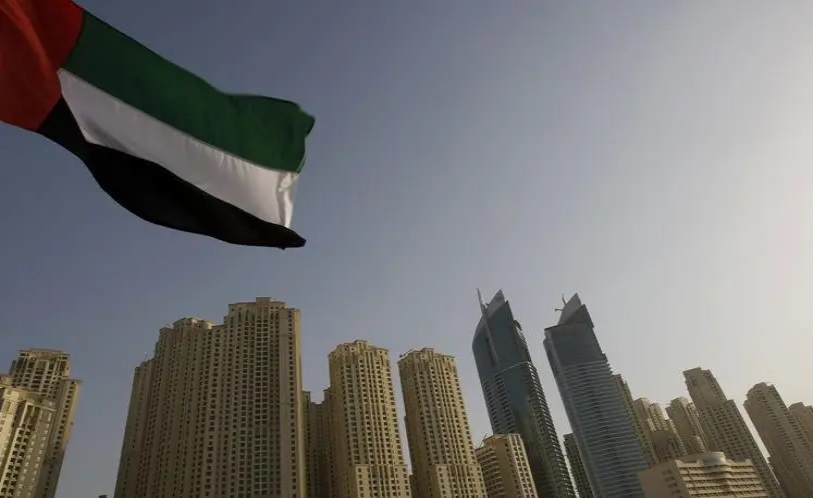
The International Monetary Fund (IMF) has recently extolled the UAE’s robust economic performance, particularly spotlighting its adept handling of global challenges. Jihad Azour, the Director of the IMF’s Middle East and Central Asia Department, underlined the instrumental role played by the UAE’s strategic economic diversification efforts in bolstering the overall efficiency of the private sector.
Stellar Non-Oil Contributions
Jihad Azour further emphasized the substantial contribution of the UAE’s non-oil sector to the nation’s economic resilience. This sector’s noteworthy performance has been a linchpin in propelling the country’s growth rates to levels surpassing an impressive 4.0 per cent. These commendable economic achievements were spotlighted during Azour’s address at the esteemed World Governments Summit (WGS), where he underscored the longstanding strategic partnership between the IMF and WGS, particularly highlighting their collaborative efforts during the “Annual Arab Fiscal Forum.”
Economic Outlook and Projections for the Middle East
Navigating Geopolitical Challenges
Discussing the overall economic outlook for Middle East economies, Azour touched upon a nuanced downward revision for 2024. This revision, he clarified, was influenced by geopolitical tensions and transitory reductions in oil production. Despite these challenges, the IMF projects a respectable 2.9 per cent growth for the Middle East and Central Asia in 2024, with an anticipated rebound to a robust 4.2 per cent in 2025. On a global scale, the IMF adjusted its expectations for economic growth, citing factors such as a faster-than-expected easing of inflation and positive outlooks for economic powerhouses like the United States and China.
Regional Economic Landscape
Azour anticipates a nuanced landscape of uneven growth within the region’s economies in 2024, with a resolute optimism regarding the continued strength of the non-oil sector. Positive indicators are discerned amidst the anticipation of a global decrease in inflation rates, signaling resilience and adaptability within the Middle East’s economic fabric.
IMF Chief’s Insights on Regional Challenges and Opportunities
Recognizing Lagging Growth and Regional Impacts
IMF Managing Director Kristalina Georgieva, during her participation in the Arab Fiscal Forum in Dubai, candidly acknowledged that Middle East economies fell below anticipated growth levels. This lag, she elucidated, could be attributed to oil production cuts and the persisting Israel-Gaza conflict. However, amid these challenges, Georgieva cautiously noted the global economic resilience, bringing attention to potential wider impacts on regional economies from the ongoing Gaza conflict.
Energy Subsidy Phasing Out – A Transformative Proposal
Georgieva passionately advocated for the phasing out of energy subsidies as a transformative economic strategy. Her assertion was underlined by the potential monumental savings of $336 billion in the Middle East, an amount equivalently staggering to the combined economies of Iraq and Libya. The IMF has recently published a comprehensive paper supporting this proposition, citing not just economic benefits but also environmental advantages such as pollution discouragement and enhanced social spending. In the Middle East and North Africa region, fossil fuel subsidies constituted a substantial 19 per cent of GDP in 2022, as per IMF data.
Conclusion: A Comprehensive Overview of IMF’s Assessment
In conclusion, the IMF’s commendation of the UAE’s economic resilience and diversification strategies underscores the nation’s adeptness in navigating global challenges. The nuanced economic outlook for the Middle East, as outlined by Jihad Azour, presents a complex yet optimistic narrative, with particular emphasis on the significance of the non-oil sector. Furthermore, Kristalina Georgieva’s insights on regional challenges and her transformative proposal for energy subsidy phasing out add depth to the discussion, highlighting both the hurdles and transformative opportunities on the horizon for the Middle East economies.
Also Read
Remote Work Advisory for Private Sector Firms Extended on February 13 Due to UAE Rains






